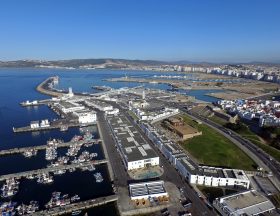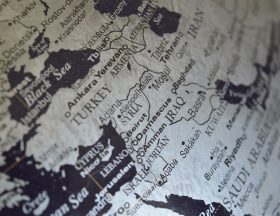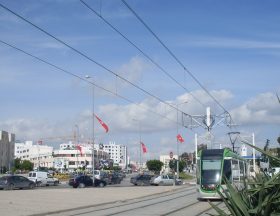The pipeline that connects two eastern fields to the country's largest export terminal, Es Sider, had been closed for maintenance. A stop which caused a reduction of more than 200,000 barrels per day of national production.
In Libya, the Oil Ministry announced on January 10 that the country’s crude oil production rose from 700,000 to 900,000 barrels per day over the past weekend. An improvement that comes after the completion of maintenance work on an oil pipeline that had been taken out of service several days earlier.
The pipeline in question connects the Samah and Dhuhra oil fields to the Es Sider export terminal, the largest in the country. It had been closed due to operational breakdowns in the fields. A situation which has led to a reduction in Libyan oil production of 200,000 barrels per day.
It should be noted that this interruption of Libyan production came at a time when the forced closure of the country’s largest oil field, Al-Sharara, as well as some other deposits in the west, drastically reduced the the country’s oil production. This fell from around 1.3 million to less than 800,000 barrels per day, the lowest level in over a year.
Production is not immune from future disruptions, however, as the standoff between the government and the Petroleum Facilities Guard (PFG), a paramilitary force supposed to protect energy facilities, remains unresolved. The PFG has effectively blocked the main oil fields in the west of the country to pressure the government to pay back wages.
This suggests that production stoppages could continue in a context where any lasting decline in production in Libya could undermine the efforts made by OPEC and its partners to stimulate domestic supply and revive the economy. Libya remains exempt from quotas for reducing its oil production.
Réagissez à cet article











Nice post. I was checking continuously this blog and I am inspired!
Very helpful information specifically the final
phase 🙂 I care for such information much. I used to be
looking for this certain information for a very lengthy time.
Thanks and good luck.